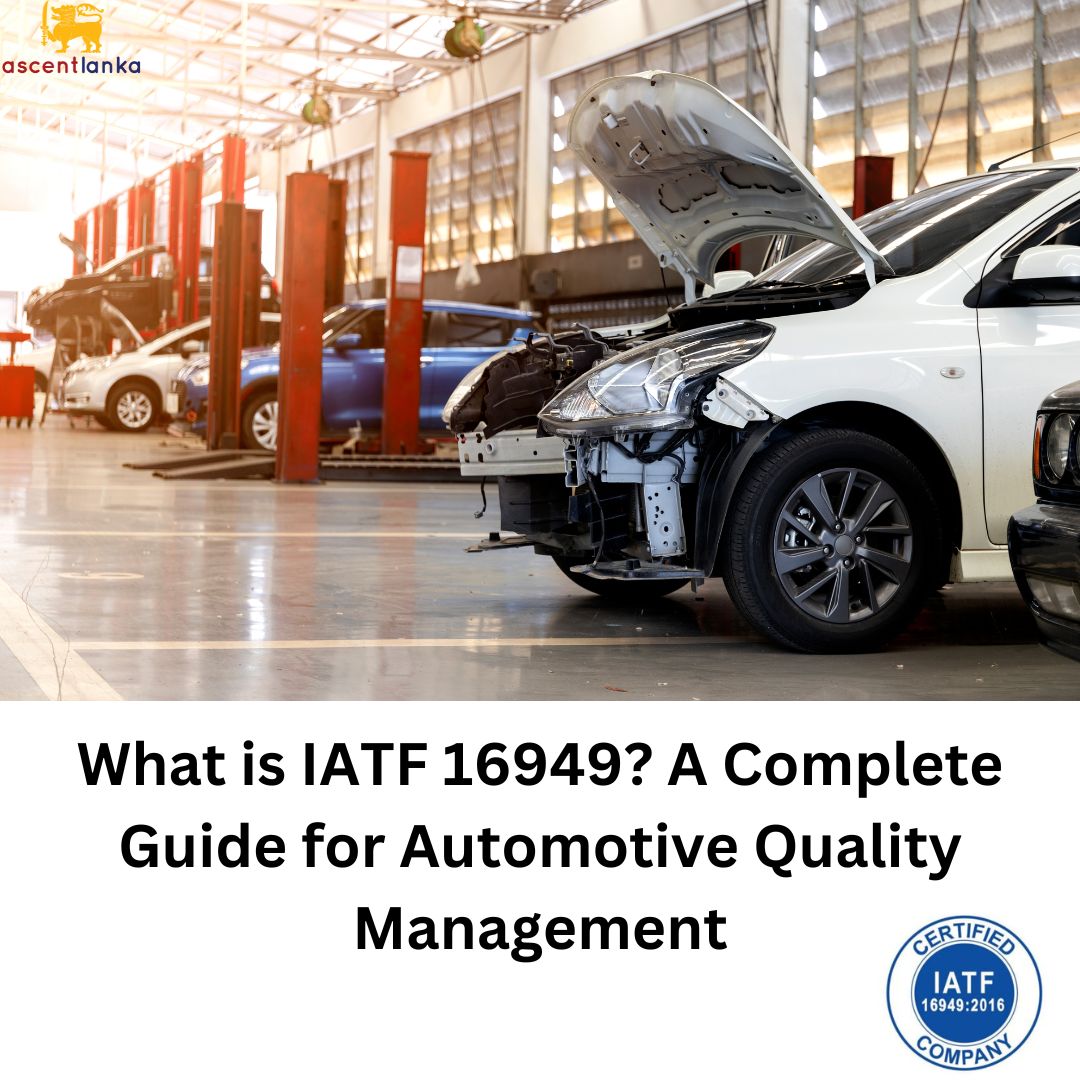Published: oct 17, 2025
ISO 18606: Advancing Sustainable Packaging Through Compostable Materials

In an era where environmental sustainability is no longer optional but essential, businesses worldwide are striving to reduce their ecological footprint. One of the most pressing challenges lies in packaging waste — a growing global concern caused by excessive use of non-biodegradable plastics. As the world seeks greener alternatives, ISO 18606 has emerged as a significant international standard that guides industries in producing and validating compostable packaging materials.
This standard promotes a sustainable approach to packaging by ensuring that products made from biodegradable materials can safely return to nature without harming the environment.
🌱 Understanding ISO 18606
ISO 18606:2013 – Packaging and the Environment: Organic Recycling specifies the requirements and procedures for packaging that can be recovered through composting and biodegradation. It ensures that such materials disintegrate and biodegrade naturally under controlled composting conditions, leaving behind no toxic residues.
The standard is designed to evaluate and certify the compostability of packaging materials, preventing misleading environmental claims and encouraging genuine sustainability in product packaging. It provides a scientific framework that helps manufacturers design packaging that aligns with circular economy principles and supports waste reduction.
🎯 Objectives of ISO 18606
- → Promoting Compostable Packaging: Ensuring materials break down completely under composting conditions.
- → Preventing Soil Contamination: Guaranteeing that composted packaging leaves no harmful residues or heavy metals.
- → Encouraging Resource Efficiency: Supporting the use of renewable and biodegradable materials in packaging production.
- → Reducing Landfill Waste: Diverting organic and compostable packaging away from landfills, reducing greenhouse gas emissions.
- → Establishing Global Uniformity: Providing internationally recognized standards for compostable packaging claims.
By adhering to ISO 18606, organizations not only protect the planet but also gain credibility for their sustainability commitments.
⚙️ Key Requirements of ISO 18606
- → Biodegradability: Packaging materials must decompose biologically into carbon dioxide, water, and biomass through the action of microorganisms under industrial composting conditions within a defined timeframe.
- → Disintegration During Composting: After composting, less than 10% of the material’s original mass should remain as visible fragments larger than 2 mm.
- → Quality of Compost: The resulting compost must be safe, non-toxic, and beneficial to soil health without hindering plant growth or microbial balance.
- → Heavy Metal and Toxicity Limits: Packaging must be free from hazardous substances such as cadmium, lead, mercury, or chromium.
- → Proper Labelling and Communication: Certified packaging may be labelled as “Compostable according to ISO 18606,” ensuring transparency and proper waste handling.
🌍 Benefits of ISO 18606 Certification
- Environmental Impact Reduction: Compostable packaging minimizes waste pollution, reduces dependency on fossil-based plastics, and promotes sustainable disposal methods.
- Regulatory Compliance: Certification ensures alignment with global bans and restrictions on single-use plastics.
- Enhanced Brand Reputation: Demonstrates authentic commitment to sustainability, strengthening brand image and customer trust.
- Support for Circular Economy: Encourages packaging that returns safely to the environment, supporting a closed-loop system.
- Competitive Market Advantage: Attracts eco-conscious customers and opens access to sustainable markets.
- Increased Customer Trust: ISO certification ensures compostability claims are globally verified, preventing greenwashing.
🏭 Industries That Benefit from ISO 18606
- → Packaging Manufacturers: Producers of films, containers, bags, and wrapping materials seeking eco-friendly alternatives.
- → Food & Beverage Industry: Businesses offering takeaway meals or beverages requiring compostable packaging.
- → Retail and E-commerce: Brands aiming to reduce their carbon footprint with sustainable shipping materials.
- → Agriculture and Horticulture: Producers of compostable pots, liners, and mulch films.
- → Municipal Waste Management: Authorities promoting composting and biodegradable waste collection programs.
Across these sectors, ISO 18606 aligns packaging strategies with the UN Sustainable Development Goals (SDGs) and global environmental commitments.
🧩 Steps to Achieve ISO 18606 Certification
- → Initial Evaluation: Review packaging design, raw materials, and production processes for compliance gaps.
- → Testing and Analysis: Conduct laboratory tests for biodegradability, disintegration, and toxicity.
- → Documentation Preparation: Compile technical data and test results demonstrating conformity with ISO 18606.
- → Audit by Certification Body: Independent auditors verify compliance through system assessments.
- → Certification Issuance: Upon successful evaluation, organizations may label their packaging as “Compostable according to ISO 18606.”
♻️ ISO 18606 and the Future of Sustainable Packaging
The demand for eco-friendly packaging continues to grow as consumers, regulators, and businesses recognize the urgency of addressing plastic pollution. ISO 18606 acts as a cornerstone for industries transitioning toward compostable, sustainable solutions.
By implementing this standard, companies directly contribute to:
- → Reducing landfill waste
- → Lowering carbon emissions
- → Preserving marine and soil ecosystems
- → Promoting responsible consumption and production (UN SDG 12)
Ultimately, ISO 18606 is more than a certification—it is a commitment to environmental stewardship and innovation. Businesses adopting it not only meet sustainability goals but also lead the transformation toward a greener future.
🤝 Why Choose Ascent Lanka for ISO 18606 Certification?
Ascent Lanka is a leading ISO certification and consultancy firm offering expert guidance in environmental and sustainability standards, including ISO 18606. Our professionals provide end-to-end support—from gap analysis, documentation, and training to final certification—ensuring a seamless process tailored to your business needs.
With years of experience in packaging sustainability, Ascent Lanka helps organizations implement effective compostable packaging systems that meet international standards. We combine technical expertise with practical insight to deliver cost-efficient, credible, and result-driven certification services.
Choose Ascent Lanka to achieve ISO 18606 certification and take a significant step toward a more sustainable, eco-friendly future.
Contact us today →

Leave a comment below: